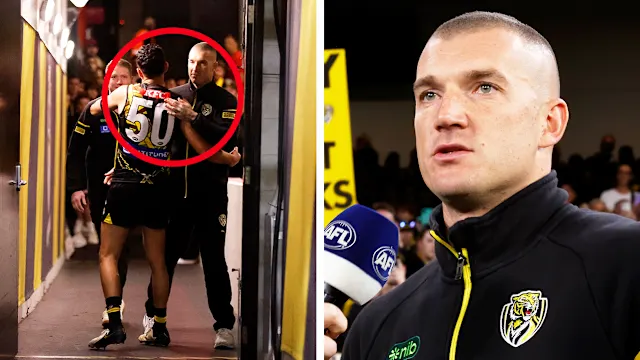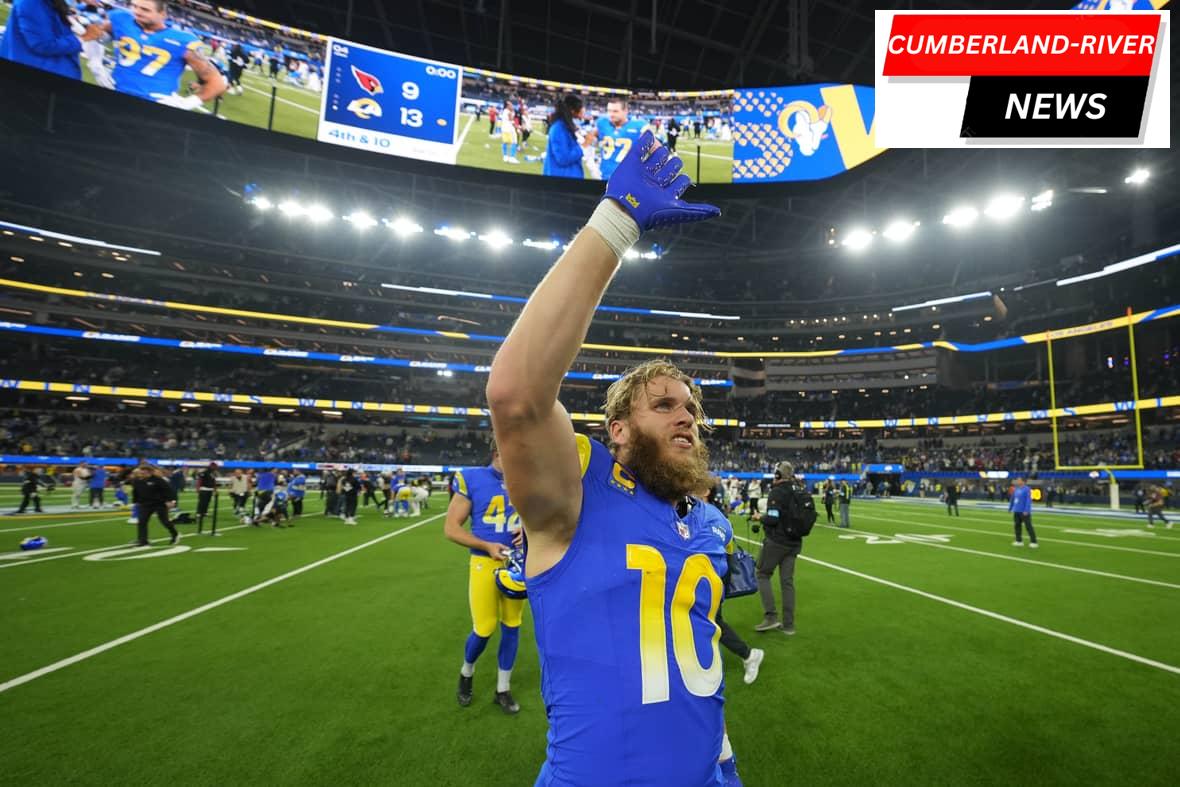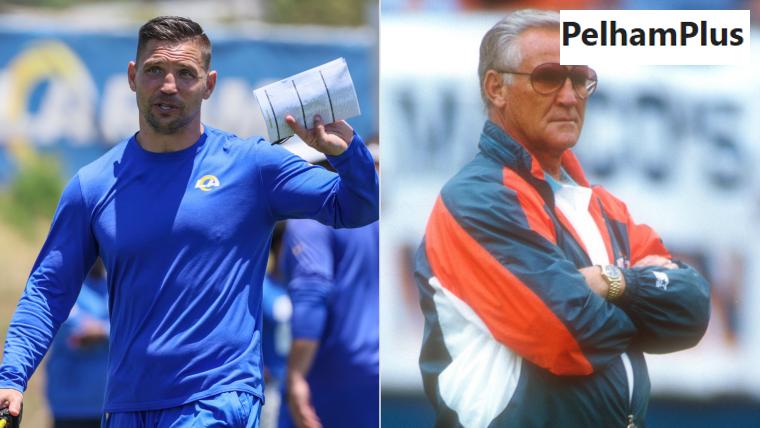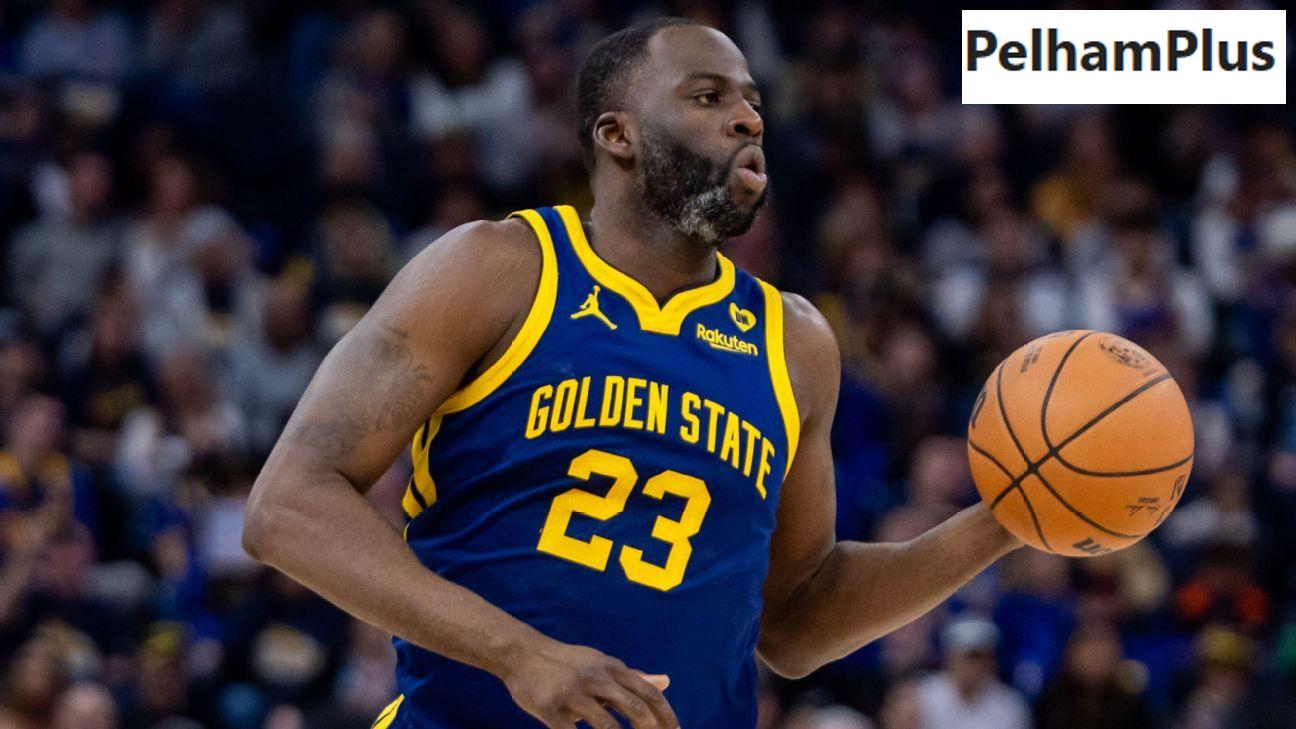The Los Angeles Angels find themselves on the losing end of another free-agent pursuit, as Japanese left-handed pitcher Shota Imanaga recently inked a deal with the Chicago Cubs. Despite initial assumptions that Imanaga would command an exorbitant contract, the terms of his agreement with the Cubs reveal a surprising team-friendly deal. This development raises questions about the Angels’ decision-making and their ability to capitalize on opportunities in the competitive free-agent market.
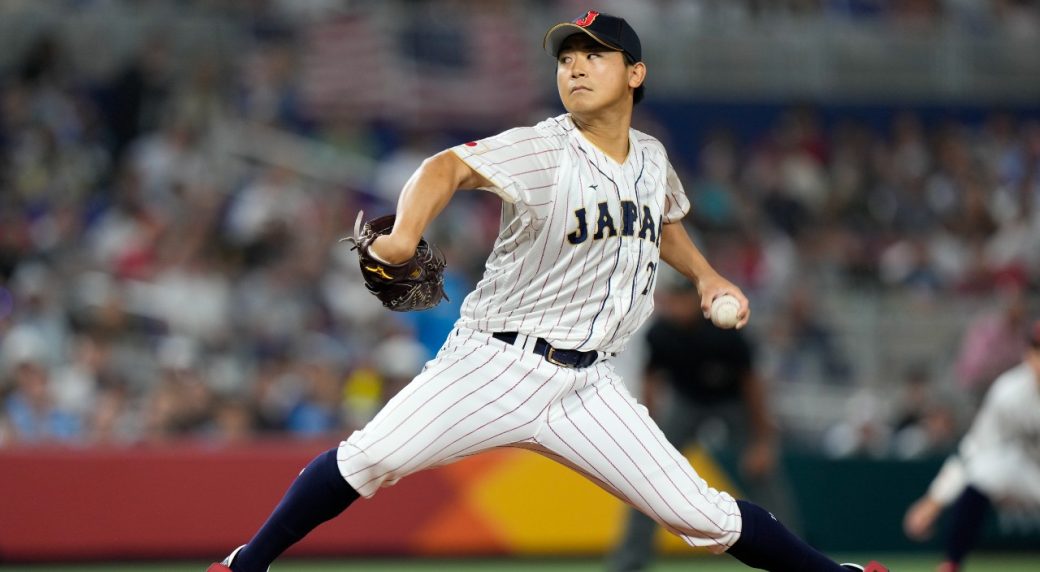
Photo from: Sportsnet
Cubs Secure Imanaga with a Team-Friendly Contract
Imanaga’s deal with the Cubs, finalized after passing a physical, stands at four years with a guaranteed $53 million. However, the terms introduce flexibility based on performance. The Cubs can potentially extend it to a five-year deal worth up to $80 million, or Imanaga may opt for free agency after two years. The structure underscores the Cubs’ strategic approach to the contract, positioning it as a team-friendly arrangement.
Considered a mid-rotation arm with a ceiling not comparable to certain counterparts, Imanaga‘s contract emerges as a significant underpay relative to the current pitching market. A case in point is the Phillies’ deal with Taijuan Walker, who, despite being a mid-rotation pitcher, secured a four-year contract worth $72 million. This stark difference in compensation raises eyebrows about the Angels’ evaluation of Imanaga’s potential contributions.
Imanaga’s signing represents a missed opportunity for the Angels, who could have secured a valuable asset at a relatively modest cost. With an annual commitment of just over $13 million, the Angels could have strengthened their pitching rotation without burdening the payroll. The signing could have also provided trade flexibility, allowing the team to explore deals involving pitchers like Griffin Canning to address other areas of need.
READ ALSO: Packers Seal Playoff Hopes with Dominant Win Over Vikings in Year-End Clash
Lessons from Past Contracts and Comparative Assessments
Reflecting on previous contracts, such as the Angels‘ deal with Tyler Anderson, sheds light on the evolving dynamics of the pitching market. Anderson, with a less impressive track record, secured a three-year deal worth $39 million. Imanaga’s team-friendly agreement highlights the potential value the Angels overlooked in their pursuit of bolstering the pitching staff. The comparison underscores the nuanced decisions required in navigating the challenging free-agent landscape.
Imanaga’s contract underscores the broader narrative of the Angels’ offseason, marked by missed opportunities and strategic challenges. As the team grapples with securing impactful additions, the unexpected nature of Imanaga’s deal prompts a reevaluation of their approach in the fiercely competitive free-agent market. The Cubs’ successful acquisition further amplifies the narrative of the Angels facing setbacks in their quest for transformative roster additions.
READ ALSO: New York Knicks Make Bold Move: Acquire OG Anunoby in Exchange for RJ Barrett and Immanuel Quickley
